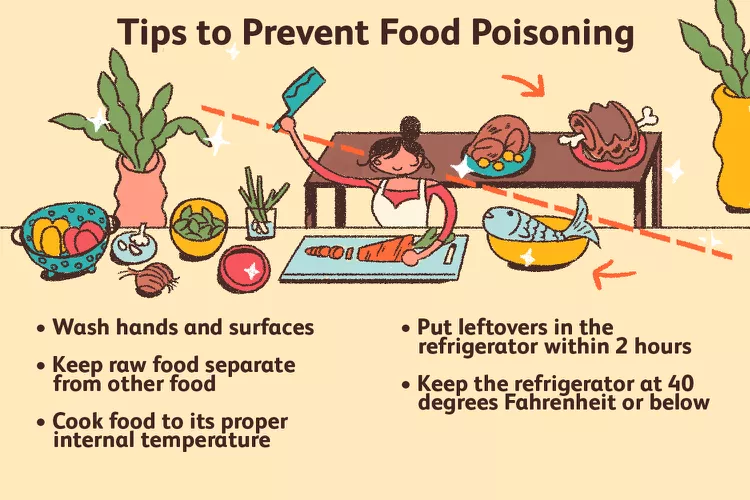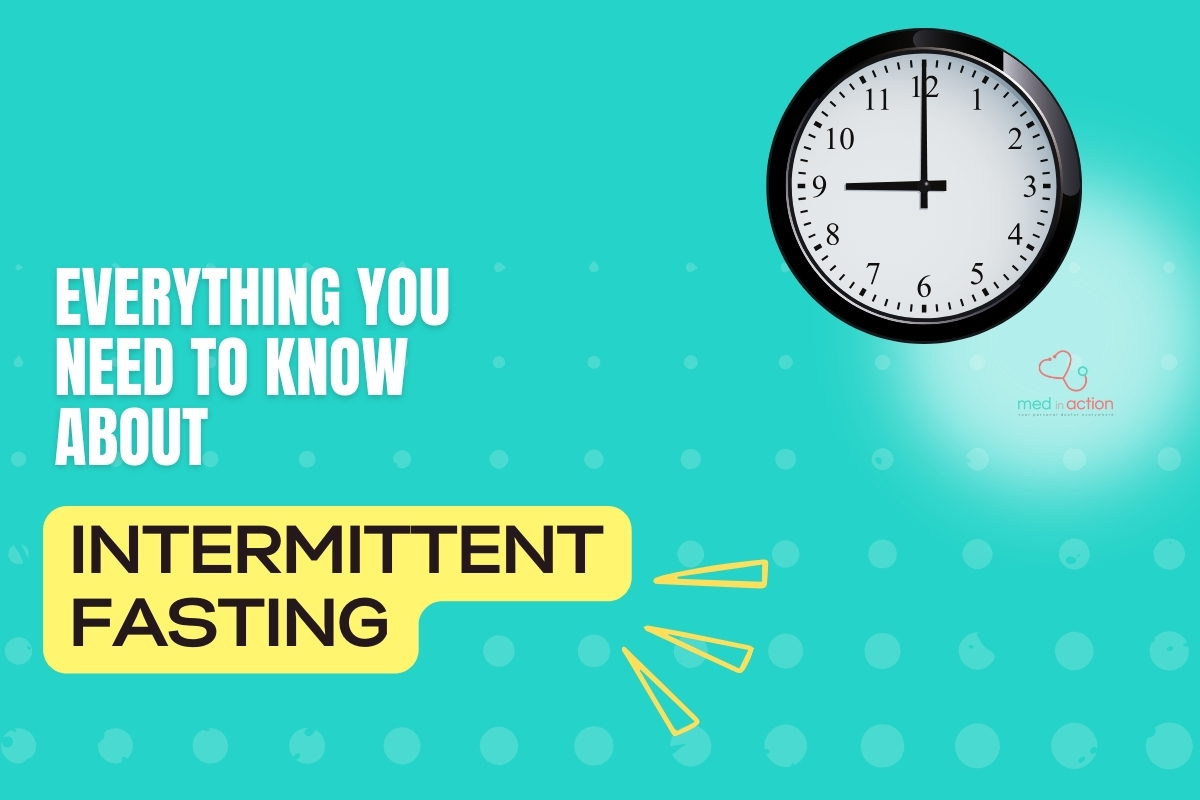Why is your food making you sick?
In this article, we are going to delve into everything to know about food poisoning, including how to avoid it and what to do if you come down with food poisoning. Let’s get into discussing food poisoning!
What is Food Poisoning?
Have you ever fallen victim to the very food you are eating? You are not alone, and it is more common than you think. Food poisoning can happen to anyone at any time, either in your kitchen or dining out at a restaurant. Food poisoning is often used interchangeably with the term “foodborne illnesses” referring to the same unfortunate condition. Encompassing a range of illnesses caused by ingesting contaminated foods, while foodborne illnesses refer to illnesses caused by consuming contaminated food. It’s important to note that while food poisoning and foodborne illnesses share similar symptoms, the specific cause and severity of the illness can vary greatly. Proper food handling, storage, and preparation techniques are essential for reducing the risk of food contamination and preventing foodborne illnesses. Food poisoning comes along with unfortunate symptoms. The symptoms tend to vary based on the severity of the food poisoning, usually occurring within hours of consuming contaminated food. Symptoms can take days or up to a week to develop.
Common symptoms of Food Poisoning:
- Nausea
- Vomiting
- Diarrhea
- Stomach pain and discomfort
- Fever
- Abdominal cramps
Join me on a journey through the twists and turns of foodborne illness, as we unravel its mysteries and learn how to protect ourselves from falling victim to our meals.
The Culprit
Food poisoning can originate from various sources – undercooked meats, contaminated produce, or improperly handled ingredients. Common germs and bacteria more likely to make you sick are Salmonella, E. coli, Listeria, and Campylobacter, along with viruses and parasites, lying in wait, ready to ruin your unsuspecting meal. It’s the unwelcome surprise that turns a nice dining experience into a stomach-churning nightmare. Undercooked or raw from animals is the easiest way to get food poisoning, due to a smile mistake. Making sure your food, such as pork, chicken, beef, turkey, eggs, or seafood, is fully cooked is important for your stomach peace. In addition, unpasteurized or raw milk or juices and soft cheeses tend to be big causes of food poisoning among people, keep an eye out for these items. Some of your favorite foods may stab you in the back if you aren’t careful.
Dining Safely
Prevention strategies serve as our shield against the invisible threats that hide within our meals. Here are some helpful prevention strategies and measures to avoid ever having to suffer through food poisoning. With these measures, you can ensure the safety and comfort of your stomach!
- Wash Hands: Wash your hands! Always wash your hands before eating or handling any food. Thoroughly wash with soap and warm water to avoid the spread of any bacteria on your hands onto your food.
- Practice Food Hygiene: When cooking, practicing safe food hygiene practices is essential. Make sure all your cooking utensils and surfaces are clean and well-sanitized.
- Cooking Foods Thoroughly: Avoid raw or undercooked meats and seafood at all costs. Make sure to cook all your meats and seafood all the way through or to the recommended internal temperature. Doing this ensures that all harmful bacteria in the meats and seafood are killed during the cooking process.
- Prevent Cross-Contamination: Keep raw meats separate from any other food you are cooking! When cooking make sure to thoroughly wash your hands, equipment, and utensils that have been used for preparing raw meat. As to avoid the spread of bacteria to other food.
- Dining Out Awareness: Choose your dining spots wisely, opting for a restaurant with great reviews and reputation. Especially if they are known for their food safety practices, and have no history of food poisoning outbreaks. Pay attention to your environment when dining out!
- Food Handling: Never leave perishable food items, like dairy products, out at food temperature for too long. Make sure to refrigerate these items and leftovers properly to not risk food poisoning.

Coping with Food Poisoning
Uh-oh, you have come down with a case of food poisoning. Sometimes getting food poisoning is unavoidable, even if you follow all the prevention measures and strategies. Usually, you know if you have food poisoning based on symptoms you may experience after eating or drinking recently. In terms of treatment for food poisoning it depends on the severe of symptoms, but treatment protocol usually includes:
- Hydrating with Fluids: Drinking lots of water to stay hydrated helps your body to fight off the infection. Drinking extra electrolyte drinks is even better!
- Rest: Lots of rest and letting your stomach recover is a great way to let your body relax. While it works hard to fight off the infection attacking your body, stay home and rest!
- Bland Diet: To help reduce nausea and throwing up, sticking to blank foods may help your stomach feel better. For the first few days of food poisoning stick to liquids such as water, broth, juice, or electrolyte beverages. Once you can keep down foods, apple sauce, toast, rice, crackers, and potatoes are great options. Try to avoid dairy products, spicy food, fried foods, and anything that might upset your stomach more.
- Antibiotics: Usually antibiotics are not needed, but in severe cases, they may be needed to treat complications and symptoms caused by food poisoning
- Antiparasitic: In the case food poisoning is caused by a parasite your doctor may prescribe you an antiparasitic medicine. This will aid in treating the infection caused by parasites in the body.
- Probiotics: Your doctor may recommend probiotics when recovering from food poisoning. Food poisoning can throw off the balance of useful and non-useful bacteria in your gut This treatment replaces healthy bacteria in the digestive system.
Luckily, in most cases food poisoning can be treated from home, usually involving a short recovery period. In more severe cases it may be best to visit the doctor. Especially if you have a high fever, cannot keep liquids down, are in severe pain, have symptoms for more than three days, and have intense symptoms. So there you have it, folks – a crash course in food poisoning prevention. Armed with a bit of knowledge and a healthy dose of caution, we can navigate the culinary minefield like pros. Bon appétit, and may your culinary adventures be as safe as they are delicious.




